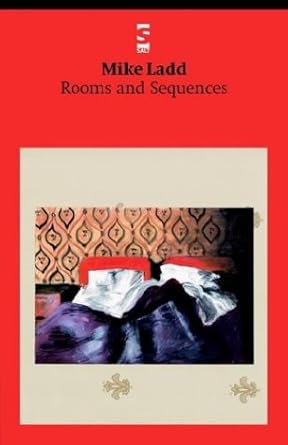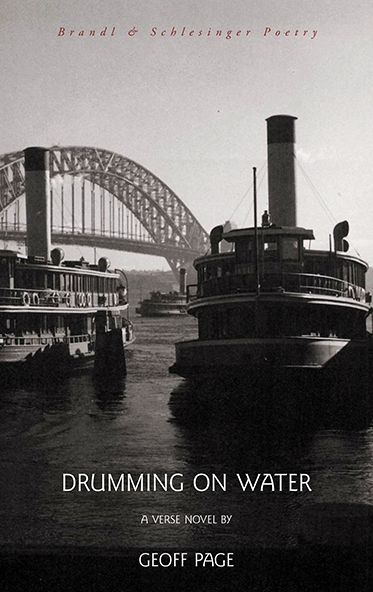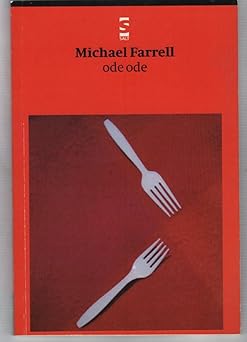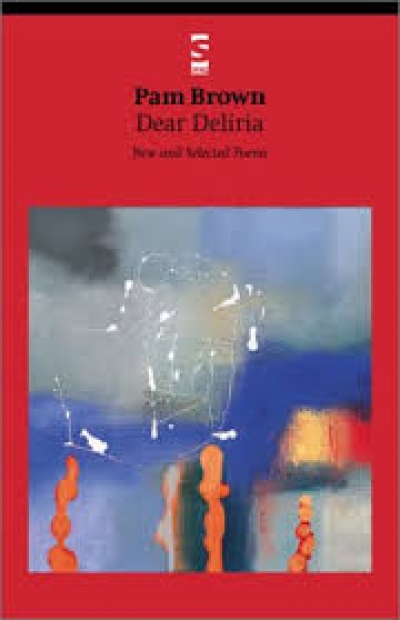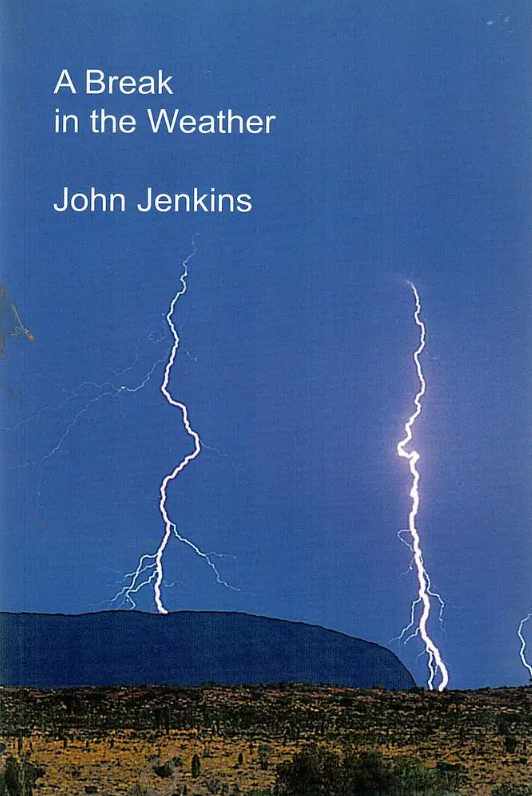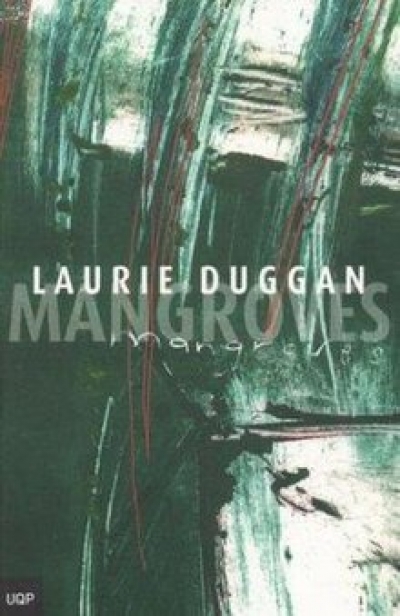Poetry
Bowed from the supermarket, a week’s rations
jumbling the plastic, I saw in shadow
my dead father. He crept the pavement, burdened
as I am not by a lost country.
... (read more)He meets a man with an icicle voice
who says it is ‘Mind’s disease’
to act impulsively; this man elevates
‘Reason’ to a pedestal, where he worships
at a cold, stony chiselled face, from afar
(& sometimes Peter sees him go up close, to peer,
at something old, cold, & slushy, underneath it –
which, he tells Peter, is a high I.Q.-ed
pickled brain, in a jar).
... (read more)Who’s Who in Twentieth-Century World Poetry edited by Mark Willhardt and Alan Michael Parker
by Geoff Page •


